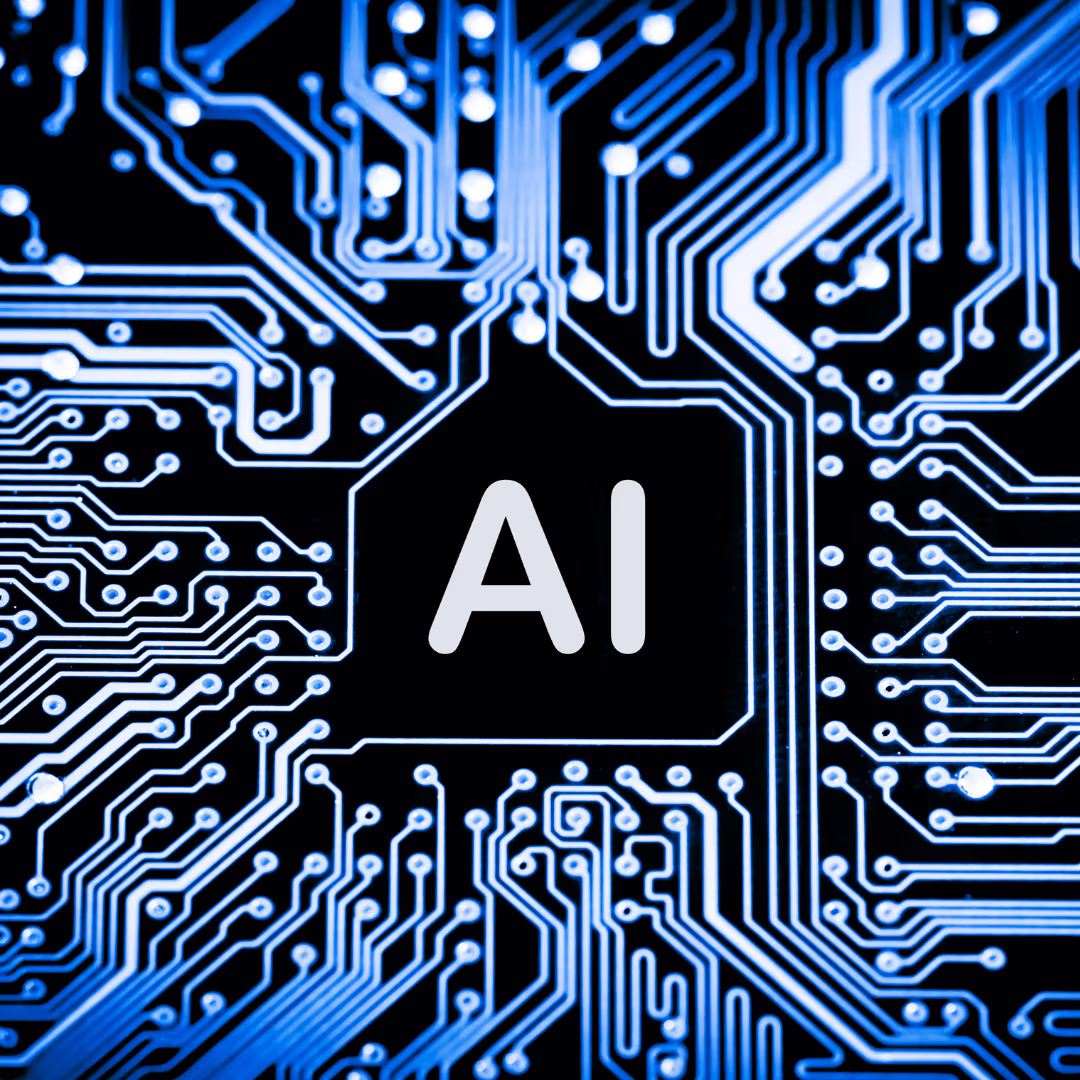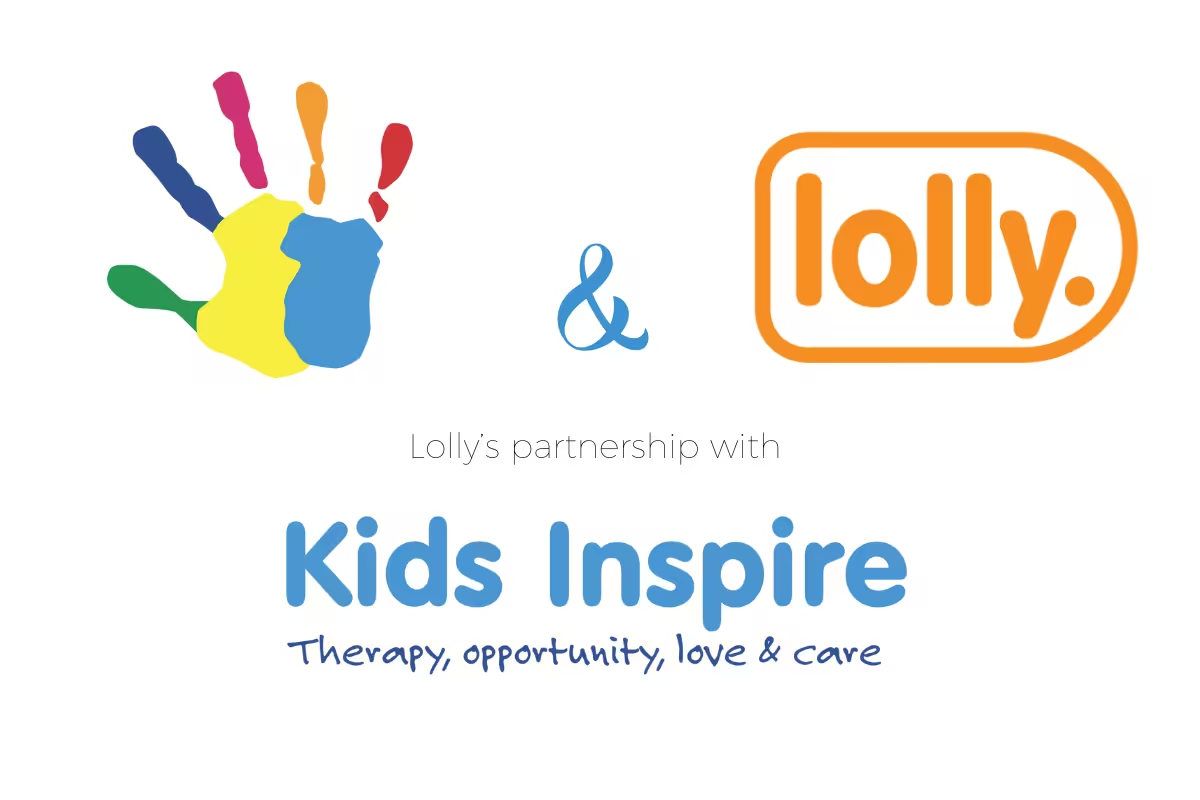Book a Demo
Please fill in the form, and we'll get back to you promptly with the information you need.
AI In Hospitality

Artificial Intelligence (AI) is revolutionising myriad industries from healthcare to finance.
Its application in the hospitality sector has been transformative - enhancing operational efficiencies and the overall customer experience, in previously unattainable ways. For example, California Fish Grill uses AI provider Kea, to help enable its restaurant staff to focus more on the customer experience, replacing its traditional phone system with voice AI ordering, which has led to a boost in average ticket sales through its upselling feature. Automated tills are also progressing with the rise of ‘just walk out technology’, which is currently being used in Amazon Fresh stores and has also been trialled across several Tesco stores last year.
Enhancing guest experiences
AI is being used to enhance the guest across their AI-powered personalisation. Hotels are increasingly using AI across their check-in and check-out facilities. Hilton’s Connie (powered by IBM Watson’s AI), acts as a concierge, assisting guests with information about hotel amenities, dining recommendations and local attractions. Similarly, The Cosmopolitan uses Rose, an AI chatbot. Here guests can ask questions about restaurant reservations or request quick tips about the city of choice.
AI has also been used to enhance in-room experiences where AI-powered assistants allow guests to control room settings. Along with robot waiters completing service-based tasks such as delivery and cleaning, offering consistency and precision. Allowing staff to focus on other areas to enhance the guest experience.
It can also be used to analyse guest data, such as past preferences and behaviours, and to provide personalised recommendations. For example, AI will predict when a guest may want room service based on past behaviour, pre-emptively asking if they would like to place an order.
We’re also seeing AI-powered sustainability initiatives, which can play a key role in energy management – helping to optimise electricity and water usage in hotels, contributing to sustainability efforts, which in most cases aligns with customer values.
The role of chatbots
Scripted chatbots and AI-powered chatbots differ significantly in terms of their capabilities, flexibility, and functionality. Scripted chatbots have rule-based responses, which follow predefined rules and decision trees. They follow a set of scripted responses programmed by developers. They are limited in handling complex enquiries and answering questions that are outside of their script. For example, they are used in simple tasks such as FAQ’s. Responses don’t change based on context or interactions, which leads to a lesser user experience as customers may feel they’re more impersonal and less engaging due to repetitive and predictable interactions.
AI-powered chatbots leverage machine learning algorithms and Natural Language Processing (NLP), a subfield of AI that enables computers to understand and communicate with human language to recognise, generate and process text and speech.
It allows better handling in more complex enquiries and conversations, adapting responses based on context and user input. This results in a more natural and human-like interaction, enhancing user engagement and satisfaction. For example, Myma.ai, which currently serves clients across 30 countries around the world, is recognised as the leading AI chatbot Generative AI technology for hotels. Generative AI can create original content in response to user prompts, this content can include text, images, video or other data.
Its solutions include AI chatbots, digital vouchers and e-gifts, digital compendium, and venue booking systems, which are designed to “enhance operational efficiency, guest experiences, and revenue generation for hotels and resorts worldwide”. Myma.ai is an AI-powered chatbot that elevates guest satisfaction by providing personalised, efficient and reliable service through AI-driven technology - ultimately improving the overall guest experience and contributing to the success of hospitality establishments.
Operational efficiency through AI
By integrating AI which complements and enhances human capabilities, hospitality providers can create asynergy where technology and staff work in seamless harmony. Operational efficiency through AI is used repeatedly throughout the hospitality industry. For example, streamlining operations by AI automates repetitive tasks such as data entry, email responses, and scheduling. This reduces the workload on staff, minimises errors and speeds up processes.
Meta cut 21,000 jobs and saw a 201% net income increase and 178% stock surge by focusing on AI and operational efficiency. Companies such as citizenM have utilised AI technologies to transform check-in experiences. These technologies provide a seamless and efficient experience for guests by utilising smart pre-arrival processes, AI can pre-capture guest information, allowing for a quicker and more personalised check-in upon arrival, ensuring a smoother guest experience and setting the tone for the service. This frees up time and energy for staff to concentrate on more urgent and important tasks whilst still providing a high quality and personalised service.
AI for food safety and allergy management
AI can allow for satisfactory customer experience and loyalty due to its ability to help improve the management of allergens and food intolerances. Automated allergen detection is viable by scanning food labels and supplier information.
Furthermore, AI can prevent cross-contamination by tracking utensils and equipment usage to be certain they are not used interchangeably between allergen and non-allergen foods. AI can further increase the customer experience by maintaining profiles of guests with food allergies or dietary restrictions. By integrating this data, AI can suggest menu items that are safe for individual guests. This technology is transformative for the hospitality sector and will ensure they adapt to evolving customer needs.
Conclusion
In the hospitality industry, AI has revolutionised operations and guest experiences, enhancing efficiency through automation and personalisation. From streamlining tasks like reservations and check-ins to personalised customer interactions via AI-powered chatbots and assistants, AI not only optimises operations but also improves customer satisfaction.
Additionally, AI's role in food safety and allergy management ensures a seamless dining experience, reflecting its transformative impact on customer service and industry standards.
In the next five years, AI and machine learning (ML) will continue to create increased levels of personalisation and improve the customer experience, from facial recognition to reducing waste, using integrated data insights and trends.
Frequently Asked Questions
Related Posts
See all posts
Lolly And Lloyds To Launch Pay By Bank System At Open Banking Expo
Lolly, the UK-based hospitality technology specialist, has collaborated with Lloyds to develop an innovative Pay by Bank system, which will be showcased at the upcoming Open Banking Expo.

Together We Inspire- Lolly x Kids Inspire Partnership
We’re proud to announce our new charity partnership with Kids Inspire, a children's mental health charity offering free trauma support to families who otherwise couldn't afford it.

Natasha's Law, Hospitality Business & Kitchen Management
For food businesses across the UK, food labelling has always been an important part of maintaining trust and safety. But following a tragic incident in 2016, the conversation around allergens became much more urgent.
Subscribe to our Newsletter.
Subscribe to our newsletter to get a curated summary of our latest insights delivered to your inbox monthly. No sales pitches, no spam — ever.


